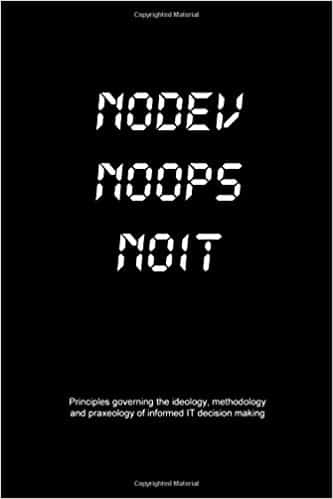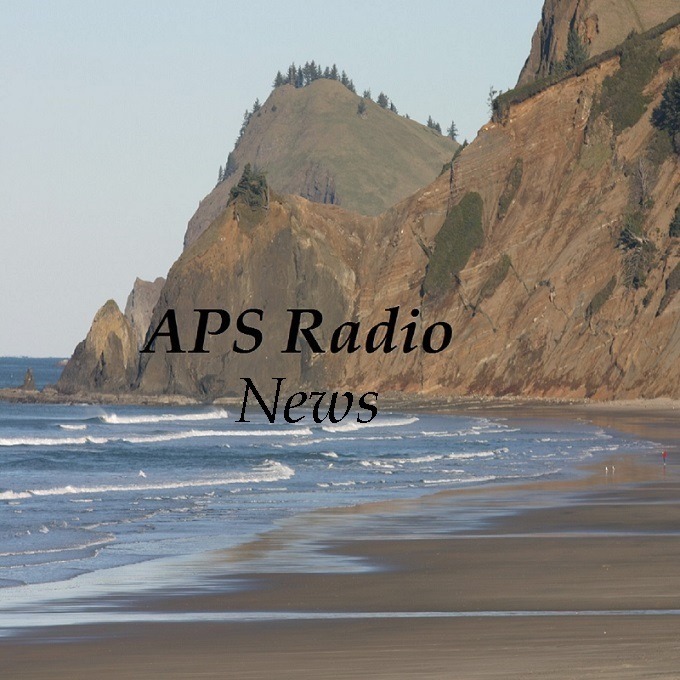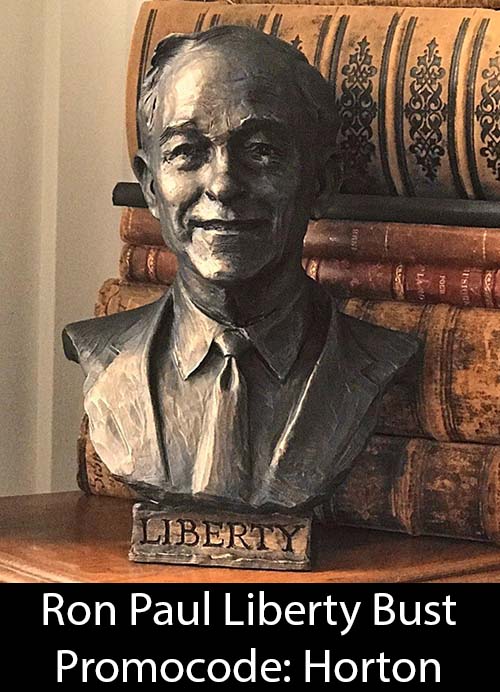By Knut Royce, Newsday, August 29, 1990
Iraq has told the White House it will withdraw from Kuwait and allow foreigners to leave, but in return it wants United Nations sanctions lifted, guaranteed access to the Persian Gulf and sole control of an oil field that dips into Kuwait, according to sources involved in the secret offer and memoranda detailing its content.
Iraq’s message was delivered to National Security Adviser Brent Scowcroft on Thursday [August 23] by a former high-ranking U.S. official. Contacted by Newsday yesterday, the former official confirmed he had relayed Iraq’s proposal to the White House.
The former official, who spoke on condition he not be further identified, acknowledged he was unsure whether the proposal was a serious offer or merely “floating something to see whether you’re going to bite or not.”
At a luncheon with Scowcroft several days earlier, the national security adviser had told the former official that the United States was “not blind” to negotiations and was “trying to do everything without taking the military option,” according to a private summary of that meeting.
At the same time, the United States was “waiting to see the result of the {UN-imposed} economic sanctions” to prod Iraq from Kuwait.
A White House spokesman said he was aware that Iraq has been floating some “trial balloons” but reaffirmed President George Bush’s stated precondition that Iraq pull out of Kuwait, allow the restoration of its government and release all hostages before any negotiations begin.
Nevertheless, one administration official who specializes in Mideast affairs said, “The terms of the proposal are serious,” and he described the package as “negotiable.” Of significance, he said,was the fact that Iraq made no mention in its proposal of a precondition that the United States pull its troops out of Saudi Arabia. The official also noted that the proposal follows earlier ones that contained what he described as “impossible demands,” such as linking a pullout from Kuwait with an Israeli withdrawal from the occupied West Bank and Gaza.
The message was delivered during a period of extreme tension as Iraq threatened to evict diplomats from the embassies in Kuwait and the administration, according to sources, was contemplating military retaliation.
According to a document outlining the proposal, Iraq would agree to withdraw from Kuwait and allow foreigners to leave the country. In return, UN economic sanctions would be lifted. Iraq would gain “guaranteed access” to the Persian Gulf through the Kuwaiti islands of Bubiyan and Warbah and gain full control of the Rumailah oil field that extends slightly into Kuwaiti territory from Iraq.
In addition, Iraq’s proposal includes offers to negotiate an oil agreement with the United States” satisfactory to both nations’ national security interests,” develop a joint plan “to alleviate Iraq’s economical and financial problems” and “jointly work on the stability of the gulf.
“Iraq’s proposal to the White House originated from the foreign ministry in Baghdad “and higher-ups” – by inference President Saddam Hussein. Thursday’s message was delivered to the former administration official by an Iraqi-born American friend of his with extensive business ties in Iraq, according to memoranda obtained by Newsday.
The documents were provided on condition that those involved in the secret proposal not be identified.The Iraqi-born American and another American, who is described in the memoranda as someone”close” to White House Chief of Staff John Sununu, were in Baghdad when Iraq invaded Kuwait on Aug. 2. They had sought to leave shortly after the invasion but were asked by an influential Iraqi official who is close to Hussein to stay on for a few days while Iraq prepared a “message”for the Bush administration, the documents show.
On Aug. 10 Sununu’s friend had relayed a message that was more hostile in tone than the proposal on Thursday and threatened that “Iraq will return military action in kind,” though it would not initiate an attack. Yet even then it hinted it might consider a pullout from Kuwait by declaring that “it is very difficult for Iraq to withdraw {from Kuwait} with U.S. troops in Saudi Arabia.”
Beyond that, it said that if the United States did not launch an attack, Iraq would “increase good relations with the United States, including oil; keep all options open; and be ready to immediately meet face to face at any place with responsible U.S. officials.
“Thursday’s proposal came as some government officials now say that they see some hope of a negotiated settlement. Rep. William Broomfield (R-Mich.), the ranking Republican on the House Foreign Affairs Committee, said yesterday that he was now optimistic about the possibility of a diplomatic resolution to the crisis in the Persian Gulf.
“I think there’s more going on on the diplomatic side than most people realize. In fact, I know there is,” Broomfield said.
Some State Department officials and others in the administration believe Hussein must be allowed to have at least a “fig leaf” if he is to pull out of Kuwait peacefully. They have, for example, privately discussed the possibility that he might gain access to the gulf through the Kuwaiti islands as a face-saving gesture.
Others, including some members of Congress, have publicly declared that the only guarantee to long-term peace lies in the destruction of Iraq’s army and military industry and the removal of Hussein himself.
Iraq’s Proposals
Iraq, through intermediaries, made the following proposals for settling the Gulf crisis to the United States within the past week.
What Iraq Offered: Withdrawal from Kuwait. Foreigners allowed to leave.
What Iraq Wants: Possession of the Rumailah oil field. Guaranteed access to the Gulf. Lifting of sanctions. Negotiations with the U.S. on an oil agreement satisfactory to national security interests of both countries. Joint development of a plan to alleviate Iraq’s economic and financial problems. Joint work on stability of the Gulf.















